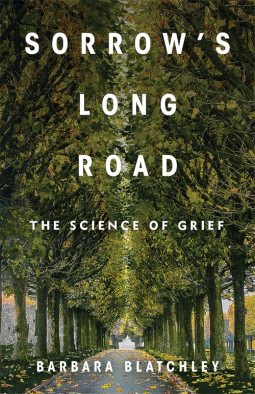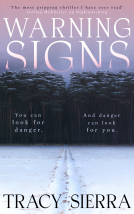Please wait... This may take a moment.
Sorrow's Long Road
The Science of Grief
This title was previously available on NetGalley and is now archived.
Pub Date
Sep 16 2025
| Archive Date
Dec 24 2025
Description
After the research psychologist Barbara Blatchley lost her husband and partner of thirty-six years, her life changed utterly. Seeking to understand the pain and confusion she felt, Blatchley began exploring the psychology and neuroscience of bereavement. Why does grief last so long and hurt so much? How do we come to terms with loss?
In Sorrow’s Long Road, Blatchley interweaves an engaging and reader-friendly look at the research on grief with her powerful personal narrative. Beginning with the day of her husband’s death, she traces the questions that loss raised and the answers that science provides. Blatchley examines the psychology of love and attachment, detailing how we bond with others and what happens when those bonds are broken. She considers the storm of emotions that the bereaved experience, as well as both the physical and psychological effects of grieving. Blatchley maps out how we adapt to the changes that loss brings and find a new identity afterward. In addition to her own experiences, she shares the stories of other people who have suffered a loss and struggled to recover, illustrating how grief changes over time.
Accessibly written and deeply empathetic, Sorrow’s Long Road humanizes the science, showing how psychology and neuroscience can help us make sense of the darkest times in our lives.
After the research psychologist Barbara Blatchley lost her husband and partner of thirty-six years, her life changed utterly. Seeking to understand the pain and confusion she felt, Blatchley began...
Description
After the research psychologist Barbara Blatchley lost her husband and partner of thirty-six years, her life changed utterly. Seeking to understand the pain and confusion she felt, Blatchley began exploring the psychology and neuroscience of bereavement. Why does grief last so long and hurt so much? How do we come to terms with loss?
In Sorrow’s Long Road, Blatchley interweaves an engaging and reader-friendly look at the research on grief with her powerful personal narrative. Beginning with the day of her husband’s death, she traces the questions that loss raised and the answers that science provides. Blatchley examines the psychology of love and attachment, detailing how we bond with others and what happens when those bonds are broken. She considers the storm of emotions that the bereaved experience, as well as both the physical and psychological effects of grieving. Blatchley maps out how we adapt to the changes that loss brings and find a new identity afterward. In addition to her own experiences, she shares the stories of other people who have suffered a loss and struggled to recover, illustrating how grief changes over time.
Accessibly written and deeply empathetic, Sorrow’s Long Road humanizes the science, showing how psychology and neuroscience can help us make sense of the darkest times in our lives.
Advance Praise
"A very personal and candid account of a scientist's grieving process. And an impressive attempt to make scientific sense of and understand grief. The major lesson: you will never be who you were before the loss, but most can happily and "healed" move forward as a new and different person."
--Ad Vingerhoets, Author of Why Only Humans Weep
"A very personal and candid account of a scientist's grieving process. And an impressive attempt to make scientific sense of and understand grief. The major lesson: you will never be who you were...
Advance Praise
"A very personal and candid account of a scientist's grieving process. And an impressive attempt to make scientific sense of and understand grief. The major lesson: you will never be who you were before the loss, but most can happily and "healed" move forward as a new and different person."
--Ad Vingerhoets, Author of Why Only Humans Weep
Available Editions
| EDITION |
Other Format |
| ISBN |
9780231222501 |
| PRICE |
$24.00 (USD)
|
| PAGES |
208
|
Available on NetGalley
NetGalley Reader
(PDF)
NetGalley Shelf App
(PDF)
Send to Kindle (PDF)
Download (PDF)
Additional Information
Available Editions
| EDITION |
Other Format |
| ISBN |
9780231222501 |
| PRICE |
$24.00 (USD)
|
| PAGES |
208
|
Available on NetGalley
NetGalley Reader
(PDF)
NetGalley Shelf App
(PDF)
Send to Kindle (PDF)
Download (PDF)
Average rating from 10 members
Readers who liked this book also liked:
Pantomime
L. R. Lam
LGBTQIAP+, Sci Fi & Fantasy
The Many
Sylvain Neuvel
General Fiction (Adult), Literary Fiction, Sci Fi & Fantasy
One Sun Only
Camille Bordas
General Fiction (Adult), Humor & Satire
Warning Signs
Tracy Sierra
General Fiction (Adult), Mystery & Thrillers



















